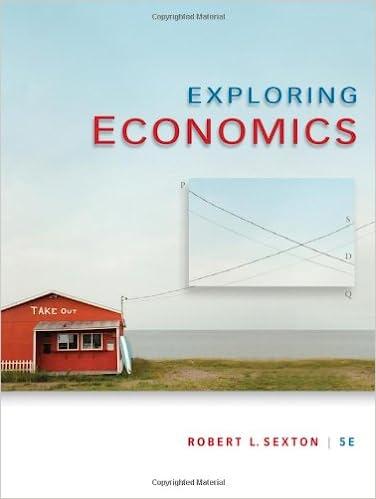True or False: 1. In the case of goods where all those affected benefit simultaneously and it
Question:
1. In the case of goods where all those affected benefit simultaneously and it is prohibitively costly to exclude anyone from consuming them, market failures tend to arise.
2. In the case of public goods, when people act as free riders, some goods having benefits greater than costs will not be produced.
3. If quality detection costs are high, high-quality products will tend to be withdrawn from the market, and the average quality will rise.
4. Asymmetric information exists when the available information is initially distributed in favor of one party to a transaction relative to another.
5. In adverse selection situations, it is rational for a seller with more information about a product to provide a truthful and complete disclosure and make that fact known to a potential buyer.
6. Warranty agreements that limit the responsibility of the insurer in certain situations can be one method of controlling moral hazard problems.
7. In the market for insurance, the adverse selection problem leads those most likely to collect on insurance to buy it.
8. In the market for insurance, moral hazard can lead those who buy insurance to take fewer precautions to avoid the insured risk.
9. The winner’s curse is more likely when a large number of bidders is involved.
10. Repeat purchasers are less likely to suffer from the winner’s curse than one-time purchasers.
Fantastic news! We've Found the answer you've been seeking!
Step by Step Answer:
Related Book For 

Question Posted:





